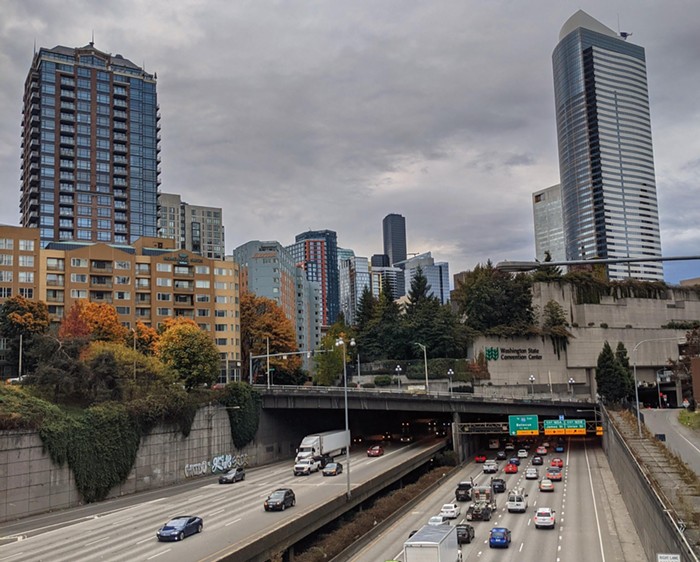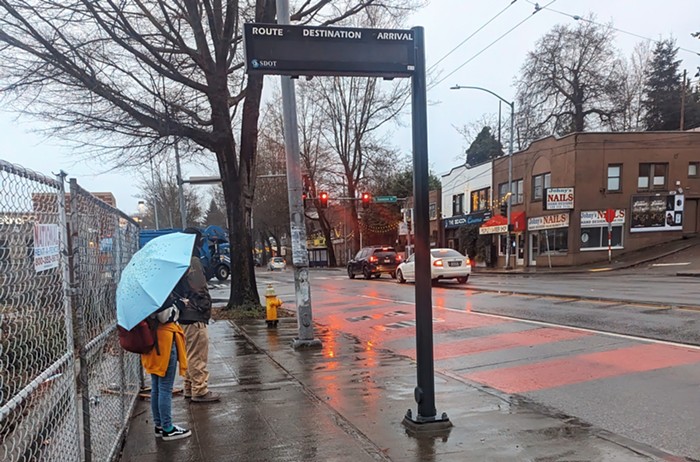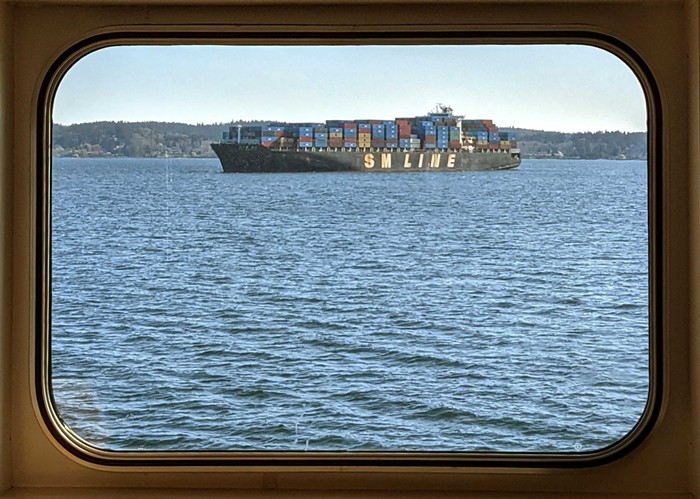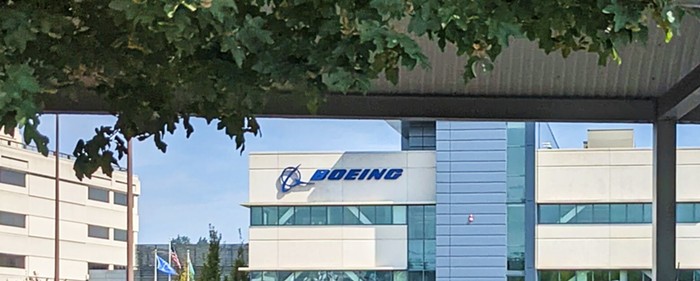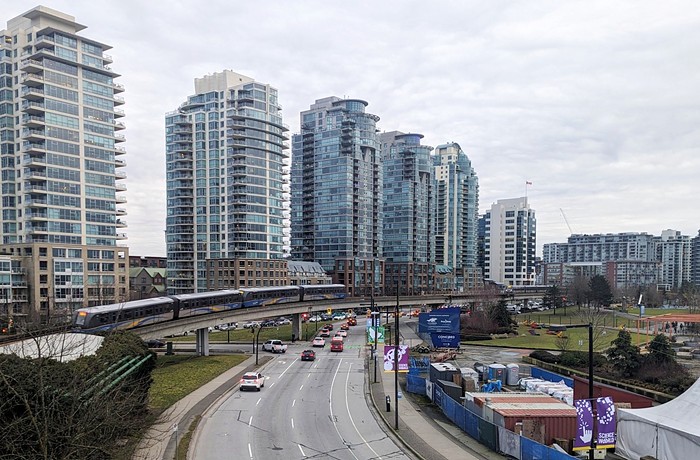
Two strange things happened yesterday. One: Trump ordered the Pentagon to organize a military parade in Washington. Two: billionaire entrepreneur Elon Musk sent a car into space. This car, the dummy load for the test launch of SpaceX's most powerful rocket, has a dummy in the driver's seat and speakers blasting David Bowie's "Space Oddity" into mostly nothing. The Tesla Roadster—which on Earth costs $100,000—was supposed to go to Mars, but the rocket overshot the point at which the sun would have flung it to the orbit of the red planet, and it is now on its way to the place where the most oppressed humans in the sci-fi TV show The Expanse live: the asteroid belt (they are called Belters).
The space car reminded me of something that might have appeared in a dream, or that I overheard in a bar, or read in a novel whose title and author I can no longer recall. It's this: global hamburger and fries corporation McDonald's once considered launching, bit by bit, parts that, when assembled, would form its logo, the yellow golden arches, in space.
The logo, which is already more recognizable than the Roman death instrument that executed a young Jewish rebel and preacher 2,000 years ago, would orbit the earth and be visible to country and city people at night. They would look up and see McDonald's and the stars. The space Tesla that's headed to the asteroid belt is similar to this dreamed?/overheard?/fictional? space golden arches.
What can we say about the news of Trump's military march? It appears to be something that he, a draft dodger ("Cadet Bone Spurs"), is only excited about. He happened to see one during his France visit, and saluted its marching soldiers with the seriousness of a 12-year-old boy in a Norman Rockwell painting. The moment made a big impression on him, which makes a lot of sense because the spectacle of the military parade is as empty as the space that Musk's Tesla is currently moving through. No American president has loved things, words, events that mean nothing as much as Trump.
Indeed, military parades went into decline in the second half of France's Second Empire (1852 to 1870). Urban geographer David Harvey writes in Paris, Capital of Modernity that the theatricality of imperial power was, after 1862, more and more replaced by the spectacle of "capital and commerce." The same became true for all advanced capitalist societies. It is not an accident that the biggest parade in the US has the name of a department store attached to it—Macy's Thanksgiving Day Parade. It's also interesting that the department store, which is currently in decline (and maybe Trump's military parade is a symptom of that decline), was born in the Second Empire France.

